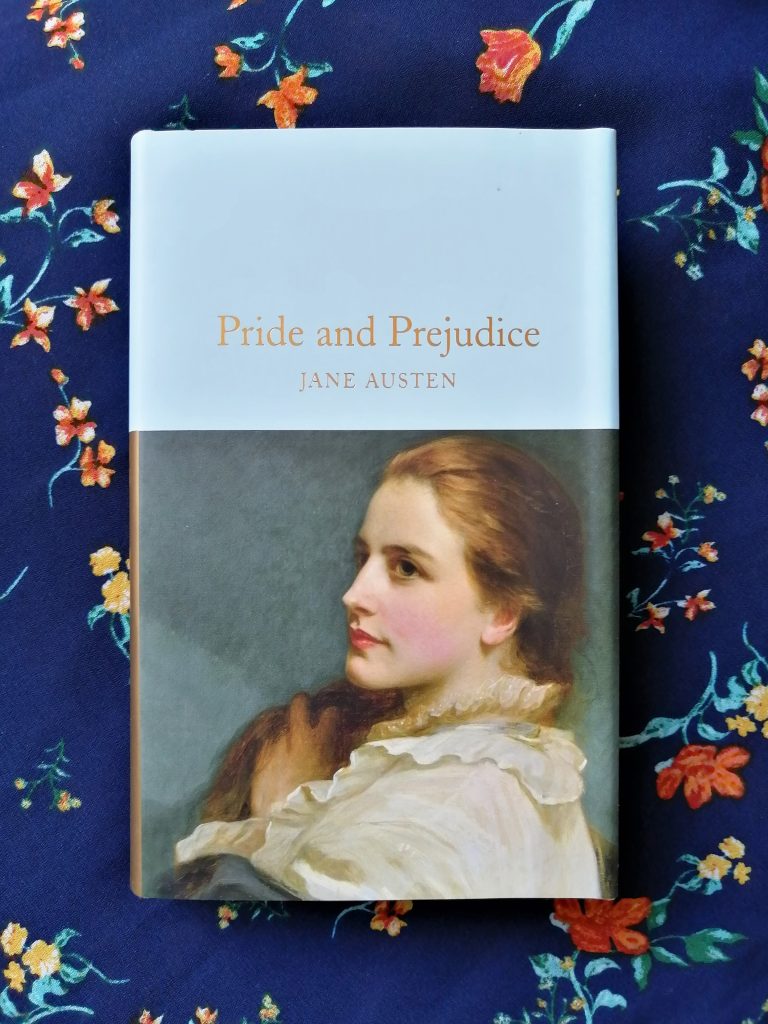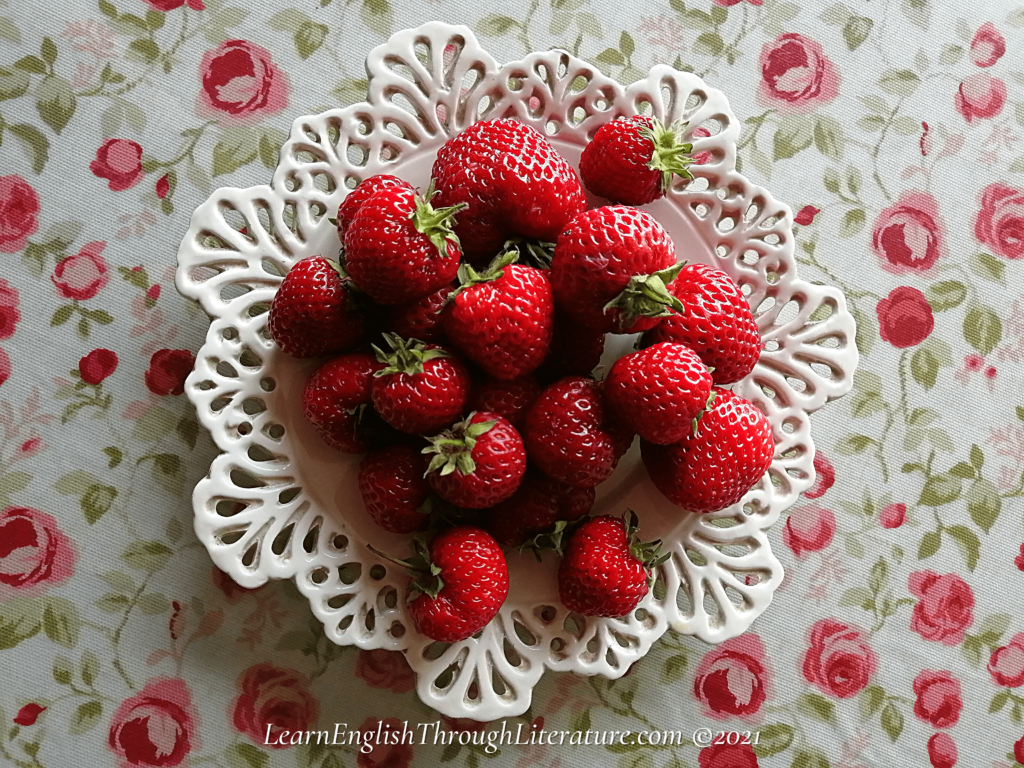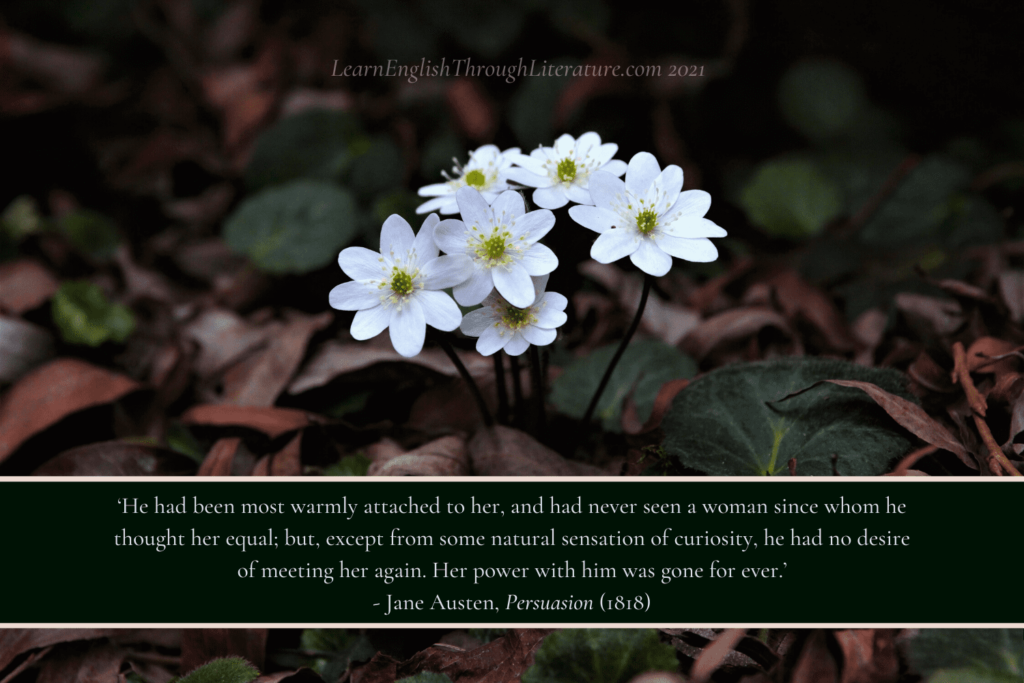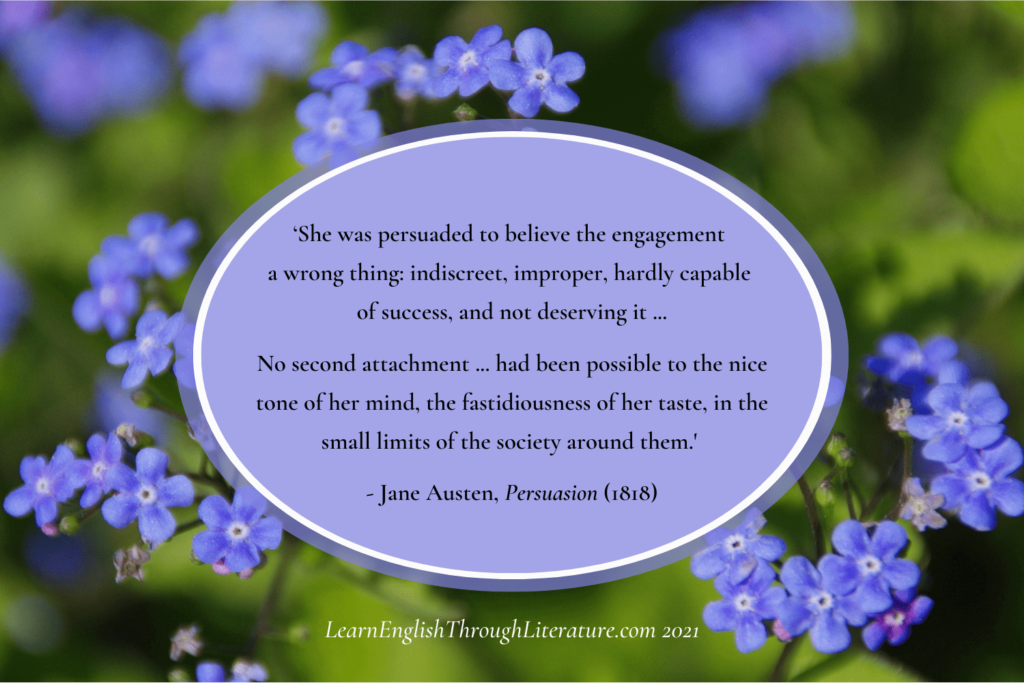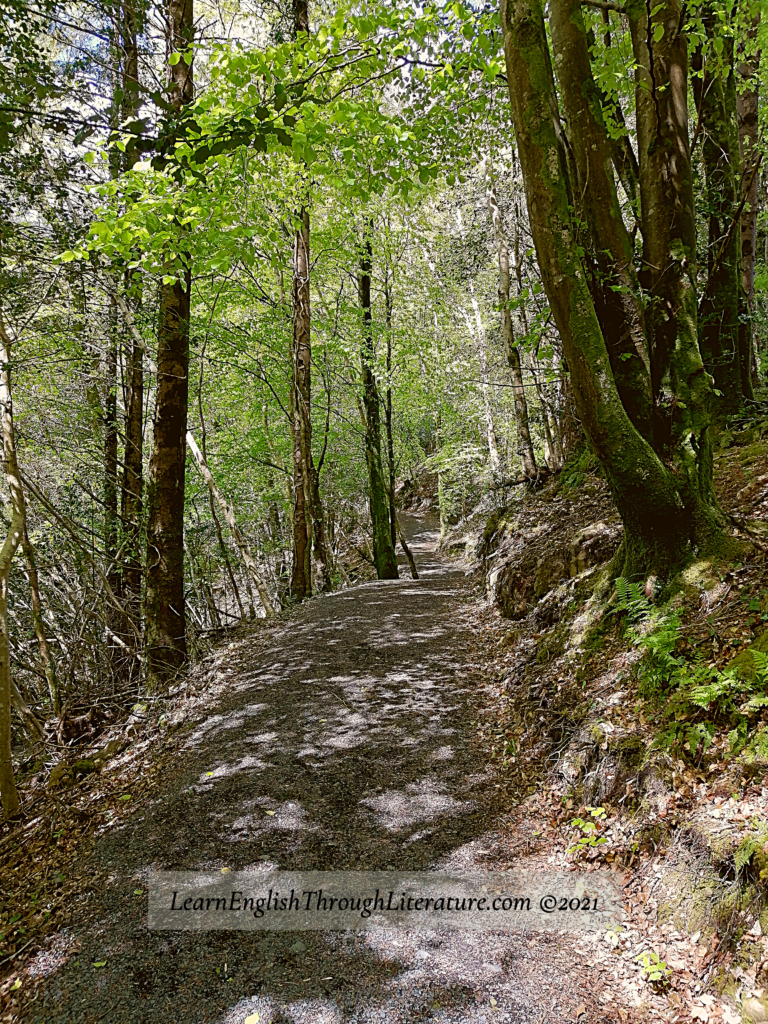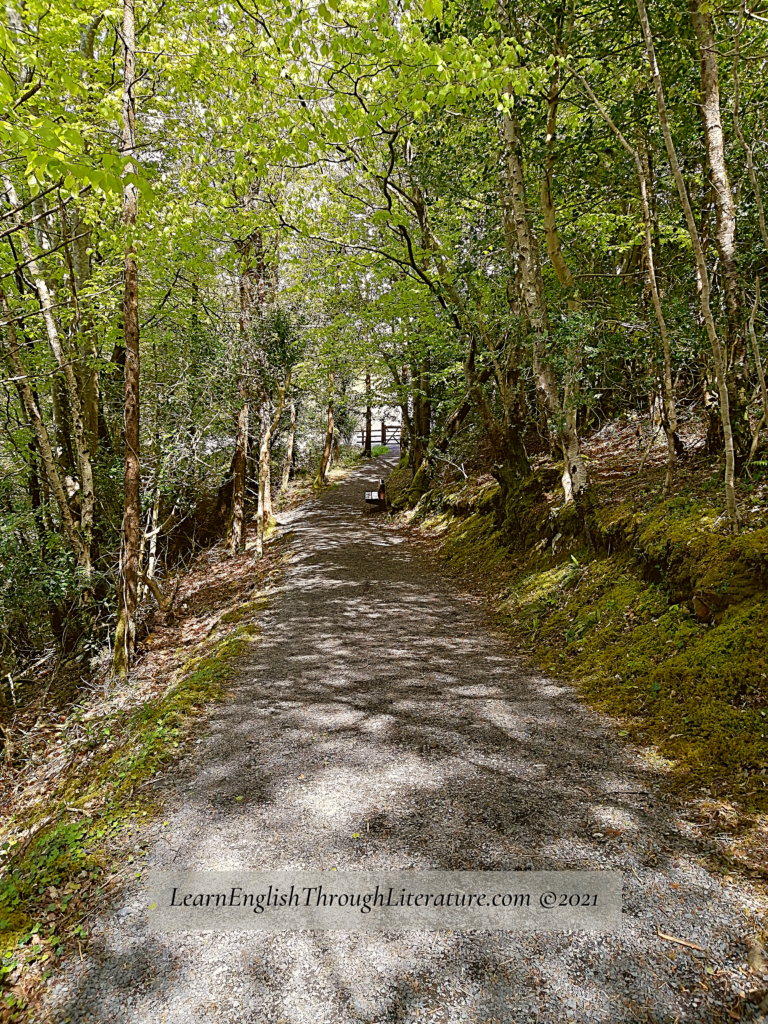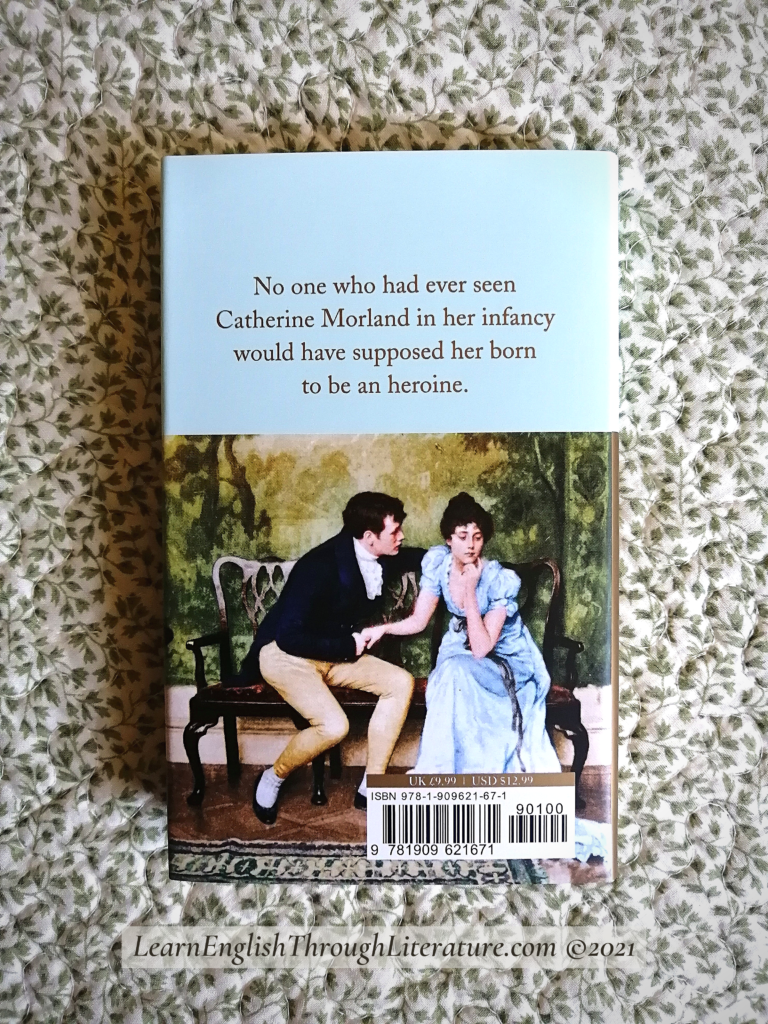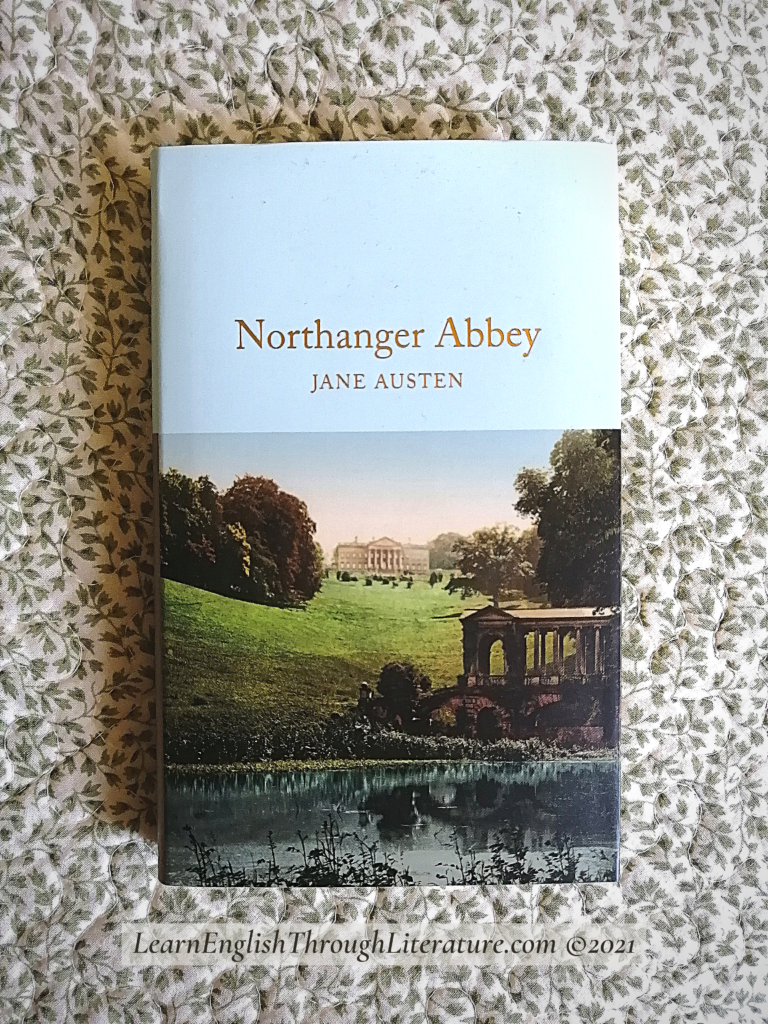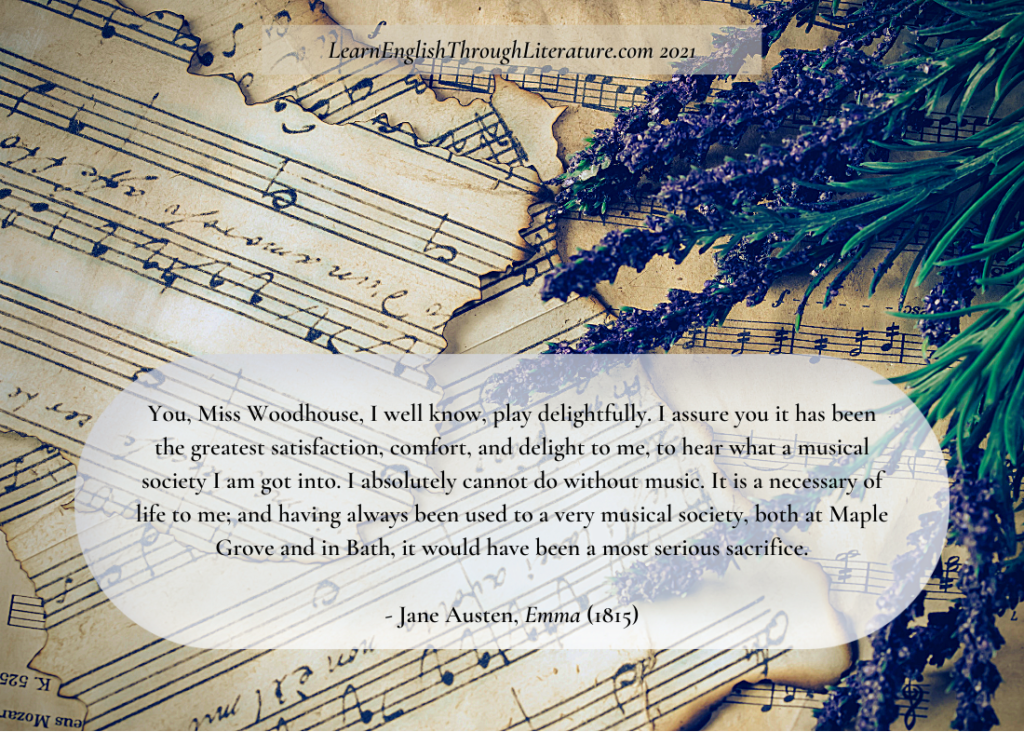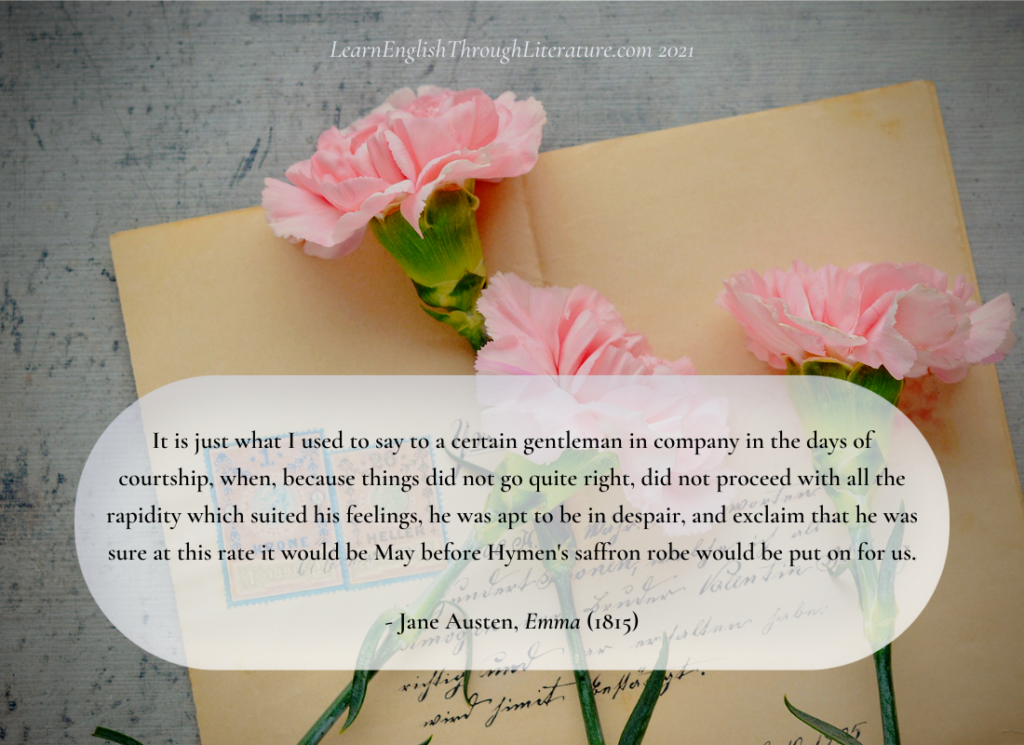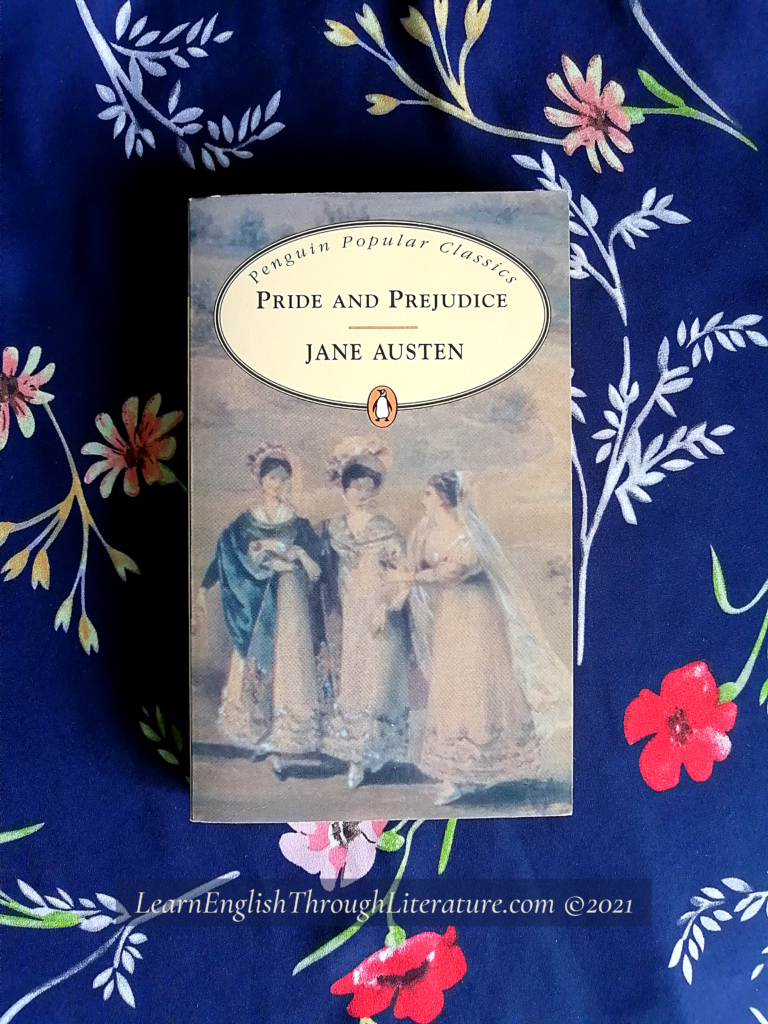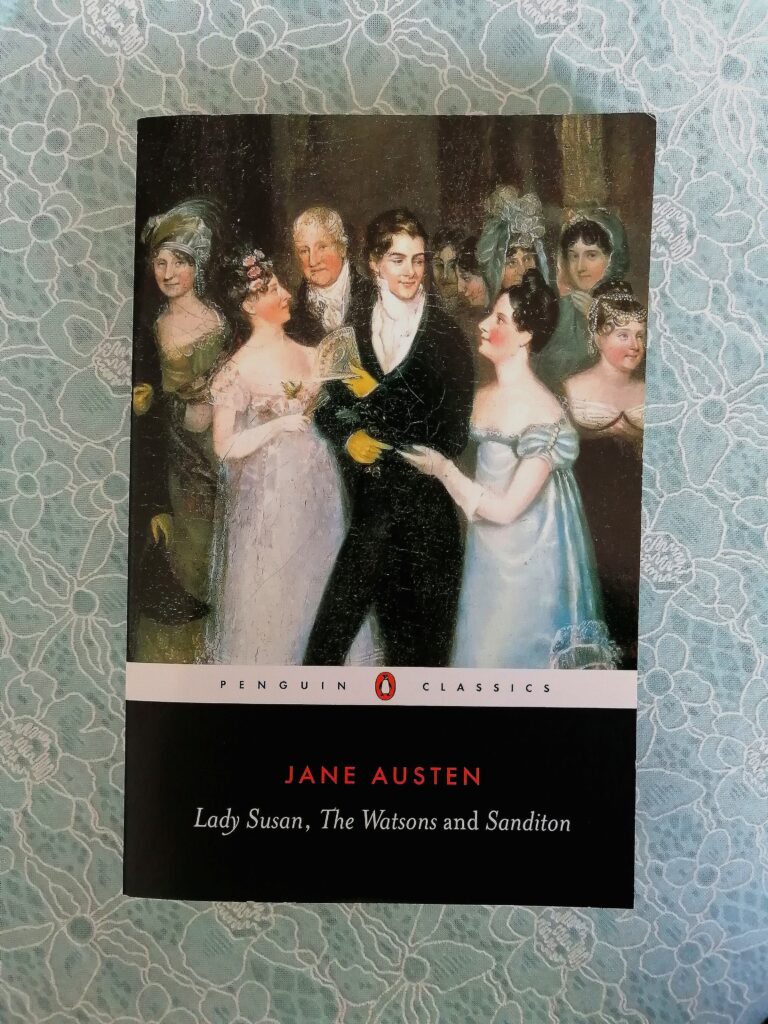Lesson #279: ‘That tall, proud man’ – ‘Pride and Prejudice’ (Austen) and Adjective Word Order in English
The book was interesting and it was old and it was long and it was a French book too. This is a very odd sentence! ❔ Do you know how it could be improved? In a nutshell (in a few words), we could replace all the ‘and it was’ phrases with commas. So we would […]

